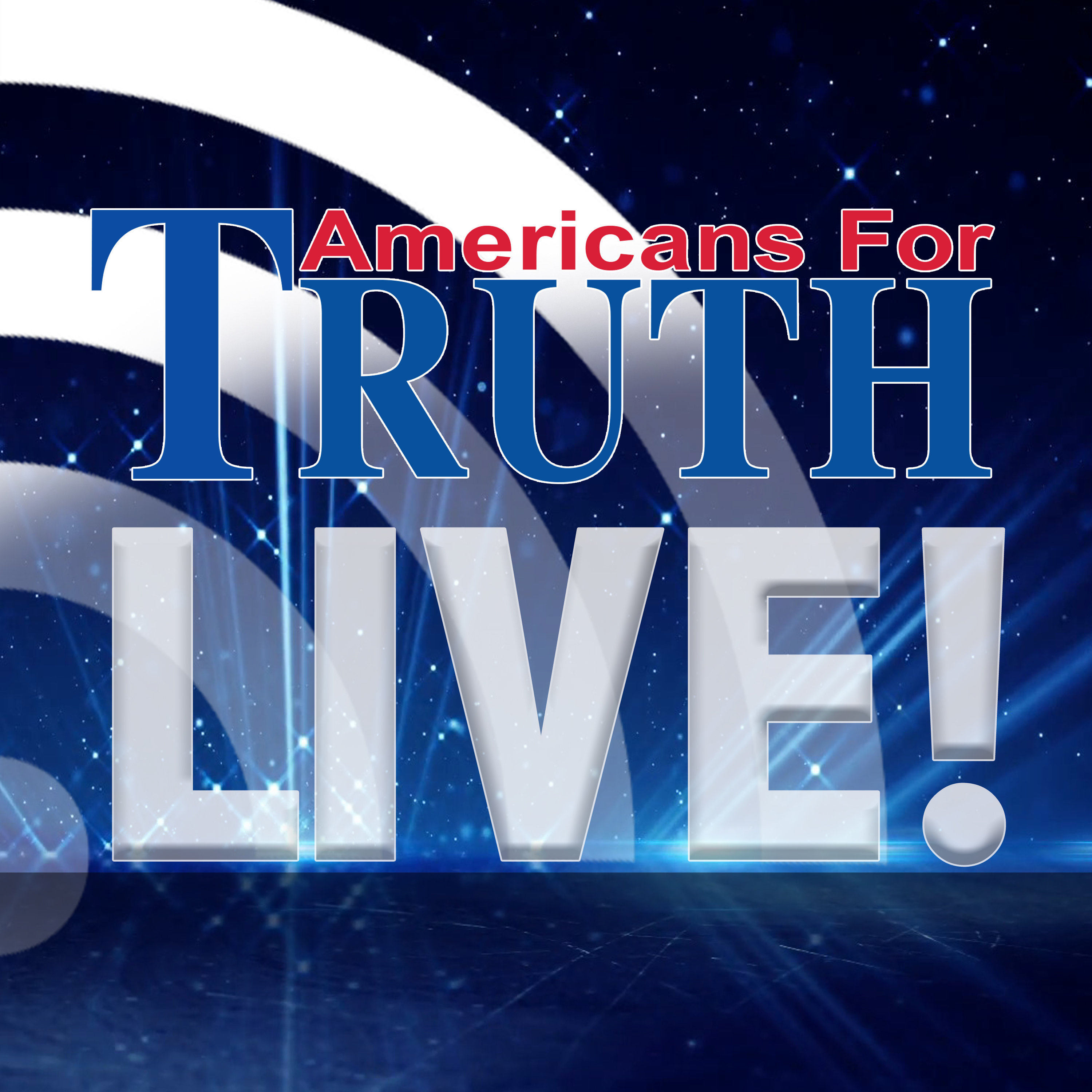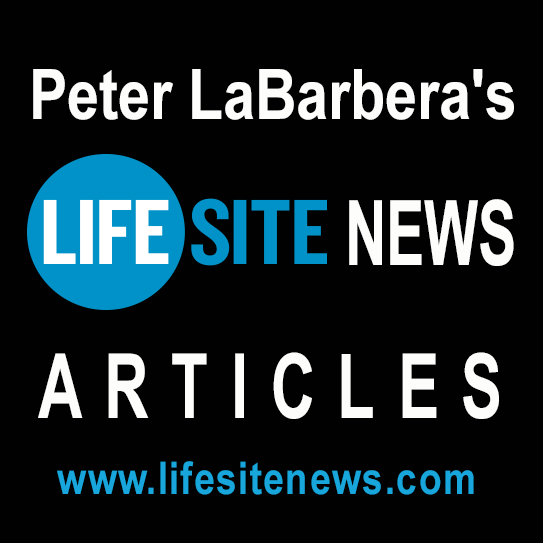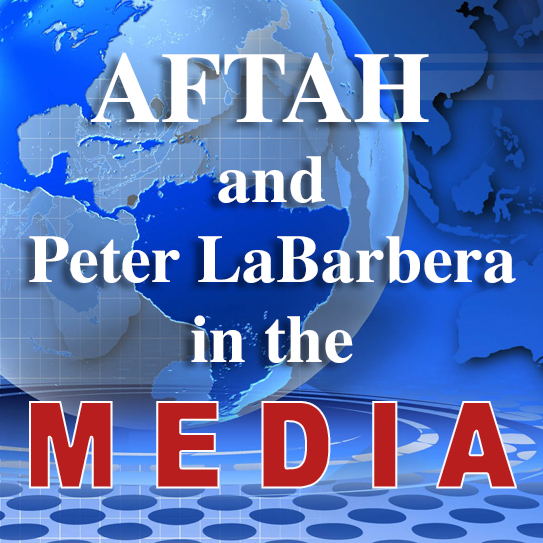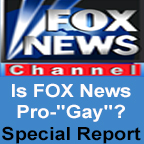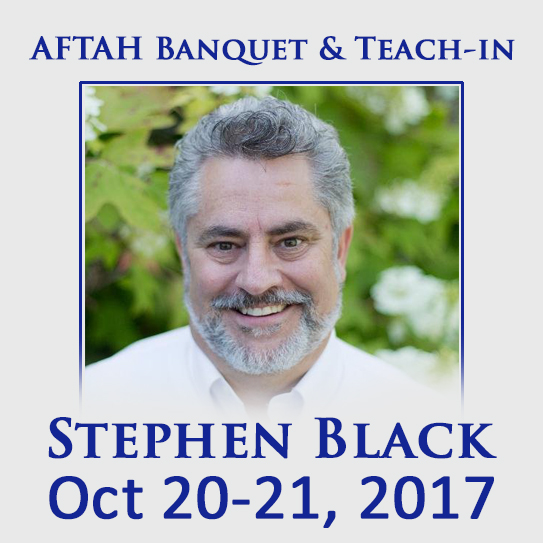
| Home | About | Issues | Resources | Join Our Email List | Savage Hate | Donate | Contact |
Fascinating Discussion about American Evangelicalism
How will ‘cosmopolitan evangelicals’ handle the homosexual issue?
I stumbled upon this interesting seminar about American evangelicalism on the Ethics and Public Policy Center website. The event was put on last year by the Pew Forum. A brief excerpt is below and the full transcript is HERE. Note Michael Lindsay’s dichotomy — not “left vs. right” but “cosmopolitan vs. populist” evangelicals.
The question with regard to homosexuality is this: insofar as acceptance of homosexuality (or, in politically correct jargon, the “gay and lesbian community”) has become a defining feature of modern big-city culture, how will the “cosmopolitan evangelicals” react as they seek to retain their influence in “elite” circles? So far we have seen left-leaning evangelicals like Jim Wallis embrace a “rights” framework regarding the pro-homosexual agenda — while still claiming fealty to the Bible. (Wallis favors “civil unions” laws for homosexual couples.) Homosexual activists have applauded the leftward evangelical shift, but Christians who take the Bible’s proscription of homosexual acts seriously view the Evangelical Left’s posturing on this issue as a capitulation to worldly forces, and a violation of Scripture.
Given the media’s unprecedented subservience to the homosexual activist movement, pressures will only grow on “elite”-sensitive evangelicals to water down their opposition to homosexuality as a sin — thus chipping away at a longstanding assumption of Bible-believing Christians. But can they do that and keep their evangelical “brand”? After all, evangelical Christianity is defined to a great extent by a strong allegiance to the Bible as the inerrant Word of God and even most “gay”-affirming evangelicals do not try to argue biblically that homosexual sex is not sinful (not yet, anyway).
Will a more “gay”-friendly “Christianity” coming out of younger and “emergent” Christian quarters have staying power, or will orthodox views on sexual morality regain strength — just as pro-life momentum is on the rise after many cultural and political observers began writing off that virtuous movement over a decade ago (how wrong they were)?
Politically speaking, if you factor in a Republican Party with a very strong strain of libertarianism that naturally butts heads with “religious right” moralism, and it appears likely that the internal battles over homosexuality within evangelicalism (and the GOP) will only grow more intense in the coming years. — Peter LaBarbera
____________________________________
[Click HERE for full transcript of the seminar]
Pew Forum on Religion and Public Life
Publication Date: May 6, 2008
Some of the nation’s leading journalists gathered in Key West, Fla., in May 2008 for the Pew Forum’s semi-annual Faith Angle Conference on religion, politics and public life.
TRANSCRIPT: American Evangelicalism New Leaders, New Faces, New Issues By Michael Cromartie
Posted: Sunday, June 1, 2008
EVENT TRANSCRIPTS Pew Forum on Religion and Public Life; publication date: May 6, 2008
Some of the nation’s leading journalists gathered in Key West, Fla., in May 2008 for the Pew Forum’s semi-annual Faith Angle Conference on religion, politics and public life. D. Michael Lindsay, author of Faith in the Halls of Power: How Evangelicals Joined the American Elite, described eight fallacies or misconceptions he held as he began his book. In the three years of his extensive research, he made surprising discoveries about the true power brokers and centers of power in American evangelicalism. He also found that the deep divisions in this movement are not between the political left and right, not between young and old, but between “cosmopolitan” and “populist” evangelicals. Lindsay discussed the implications of his findings for this election year as well as the future of the evangelical movement. David Kirkpatrick, Washington Correspondent for The New York Times, added some history about “old-school” evangelicalism and ways of categorizing the changes that are occurring within the American evangelical movement.
[Michael Lindsay:]
And I began to realize that there is a whole segment of the evangelical movement –many of those folks who are in the elite — who were trying to distinguish themselves from the rest of the evangelical subculture. And so I began to think more about this and pay more attention to it. And the real divide, in my opinion, in evangelicalism is not between the left and the right; it’s not between the young and the old. It is between a group that I call the “cosmopolitan” evangelicals and “populist” evangelicals. And these are very, very significant divisions.
You see, populist evangelicals are what we oftentimes think about evangelicals. These are the folks who are culture warriors, who say that they want to take back the country for their faith. They see themselves as embattled against secular society. They are very much concerned that they are in a minority position, and they’ve got to somehow use very strong-arm tactics to win the day.
So that populist evangelicalism is alive and strong, especially in the evangelical subculture: the music, the publishing, the entertainment segment of the evangelical subculture. But there is a whole other segment. The people who I interviewed, by and large, fit more this cosmopolitan outlook. They are less interested in taking back the country for their faith. They really are more interested in their faith being seen as authentic, reasonable, and winsome. So they still have an evangelistic impulse, but their whole modus operandi looks quite different. Because of that they have different ultimate goals of what they are actually trying to achieve. They want to have a seat at the table. They want to be seen as legitimate. They are concerned about what The New York Times or TIME magazine thinks about evangelicals because they [the cosmopolitan evangelicals] are concerned about cultural elites. They want legitimacy. Legitimacy is actually more important to them than necessarily taking back the country. And so that cosmopolitan-populist divide I find to be quite significant.


